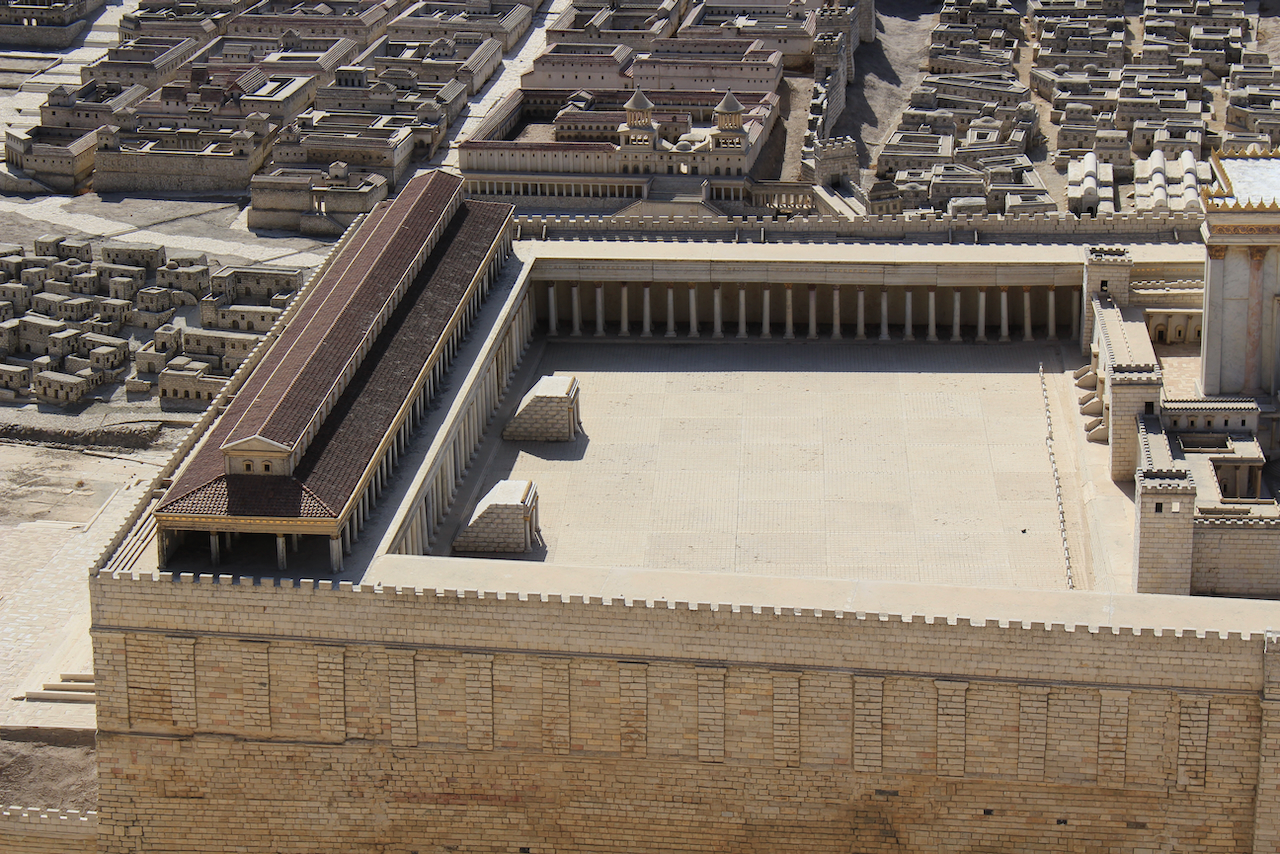“At that point some of the people of Jerusalem began to ask, ‘Isn’t this the man they are trying to kill? Here he is, speaking publicly, and they are not saying a word to him. Have the authorities really concluded that he is the Messiah? But we know where this man is from; when the Messiah comes, no-one will know where he is from.’” (John 7:25-27 NIV)
To understand the reaction of the people to Jesus we have to, as someone once said, try to put ourselves in the shoes of the Jews. We need to remember that they knew the writings of the Jewish prophets. Daniel’s writings, in particular, pointed towards the time they were living as the time that the Messiah would come. Luke wrote that the people at this time were “in expectation” or “waiting in expectation” – when they saw John immersing they even wondered if he might be the Messiah.
At this festival, Jesus had been teaching. He had also been doing miraculous signs. Putting these two together, the people began to wonder if Jesus really were the Messiah. They said, “When the Messiah comes, will he perform more signs than this man?” (John 7:31). As a result, many were believing in him.
That was the purpose of the signs. Signs point the way to something. What Jesus did pointed people to who he is. In writing his gospel, John chose particular signs for this purpose.
“Jesus performed many other signs in the presence of his disciples, which are not recorded in this book. But these are written that you may believe that Jesus is the Messiah, the Son of God, and that by believing you may have life in his name.” (John 20:30-31)
That Jesus was teaching openly without opposition made the people wonder if the Jewish leaders already knew Jesus was the Messiah because they weren’t doing anything to stop him. The problem for them was that Jesus, as far as they knew, was from Galilee. They knew their scriptures which said that the Messiah was to come from Bethlehem. Although they knew the prophets, they didn’t know Jesus as well as they thought.
“On the last and greatest day of the festival, Jesus stood and said in a loud voice, ‘Let anyone who is thirsty come to me and drink. Whoever believes in me, as Scripture has said, rivers of living water will flow from within them’…On hearing his words, some of the people said, ‘Surely this man is the Prophet.’ Others said, ‘He is the Messiah.’ Still others asked, ‘How can the Messiah come from Galilee? Does not Scripture say that the Messiah will come from David’s descendants and from Bethlehem, the town where David lived?’ Thus the people were divided because of Jesus. Some wanted to seize him, but no-one laid a hand on him.” (John 7:37-44)
The signs Jesus did and the teaching he was giving all pointed to him being someone special, someone different. Some suggested he was ‘the Prophet’, the one who Moses said would come and God’s people were to follow (Deuteronomy 18:15). Others continued to push the idea that Jesus was the Messiah – both the signs and teaching pointed to this. But others disagreed because they did not know he was really from Bethlehem. There was a division as to who Jesus was.
Is this much different from the reaction people have today? Some think he is only a good man who lived a long time ago but nothing more. The problem is that just being good doesn’t account for the signs and especially the ultimate sign: Jesus coming back to life after dying, resurrected to live forever.
People of all ages are faced with the same dilemma these Jews faced when they heard Jesus: who is he? The signs point to who he really is: the Messiah, the son of God. He came so that we can have life with him forever.
Photo of temple model in Jerusalem by Jon Galloway, 2022.
Readings for next week: John 5-9
- We harvest what we plant - 2025-12-19
- Do we want to be wise? - 2025-12-12
- Are we willing to speak up? - 2025-12-05
